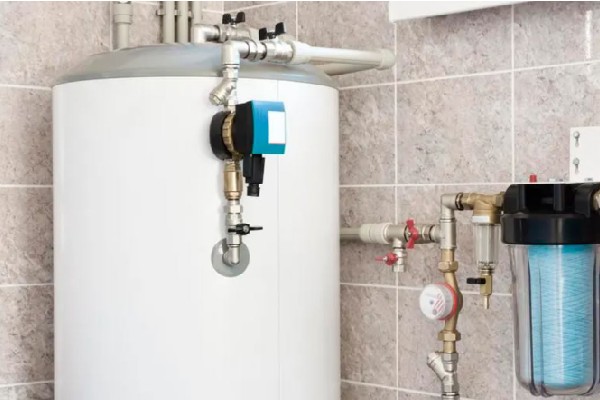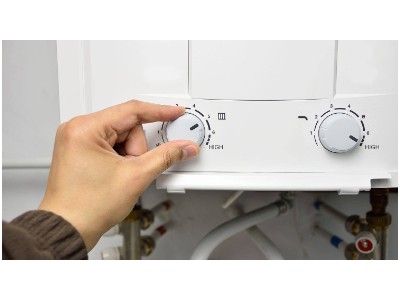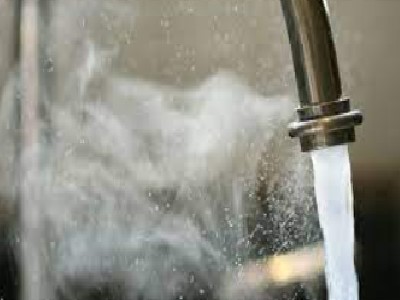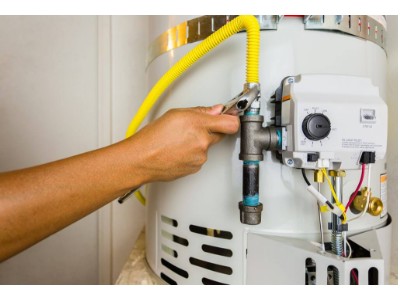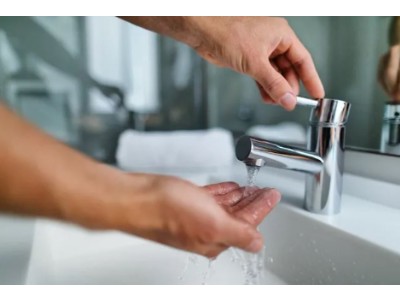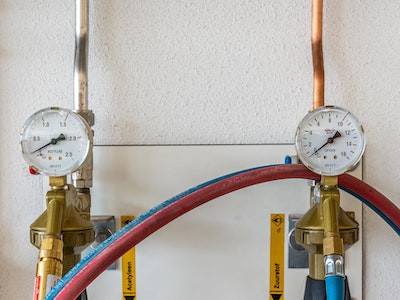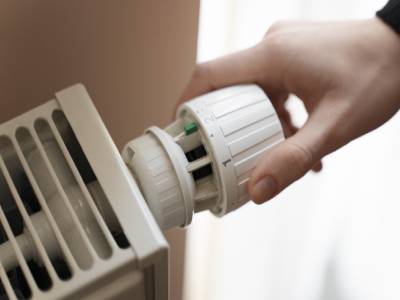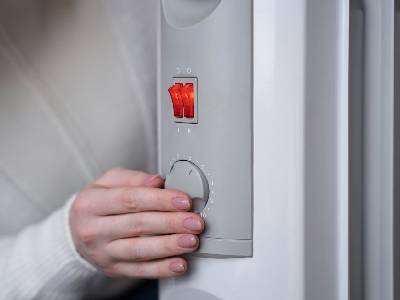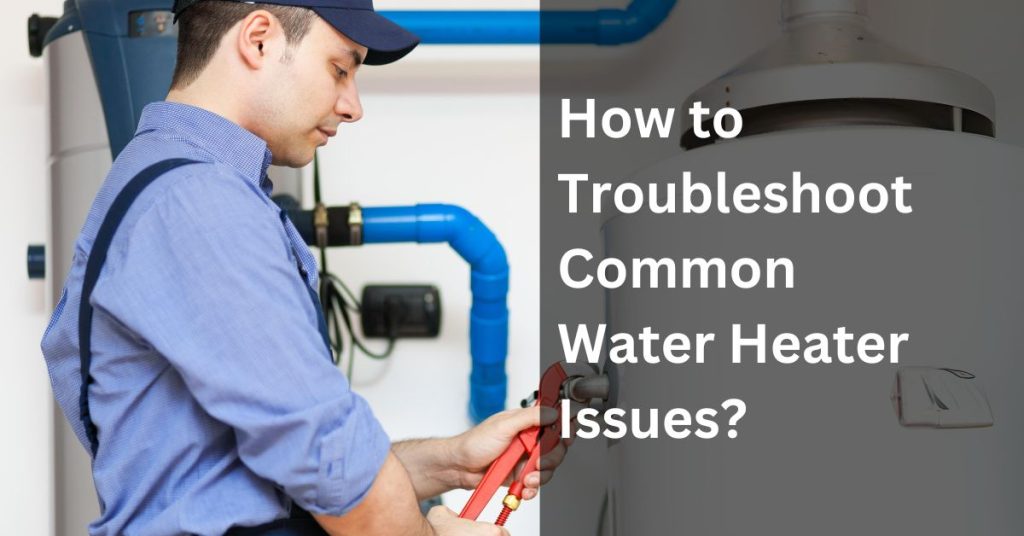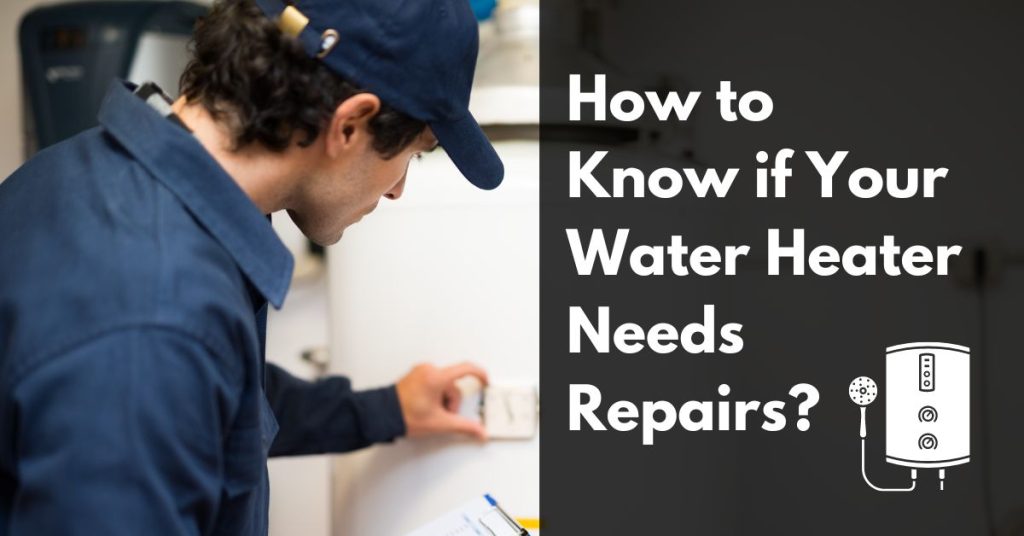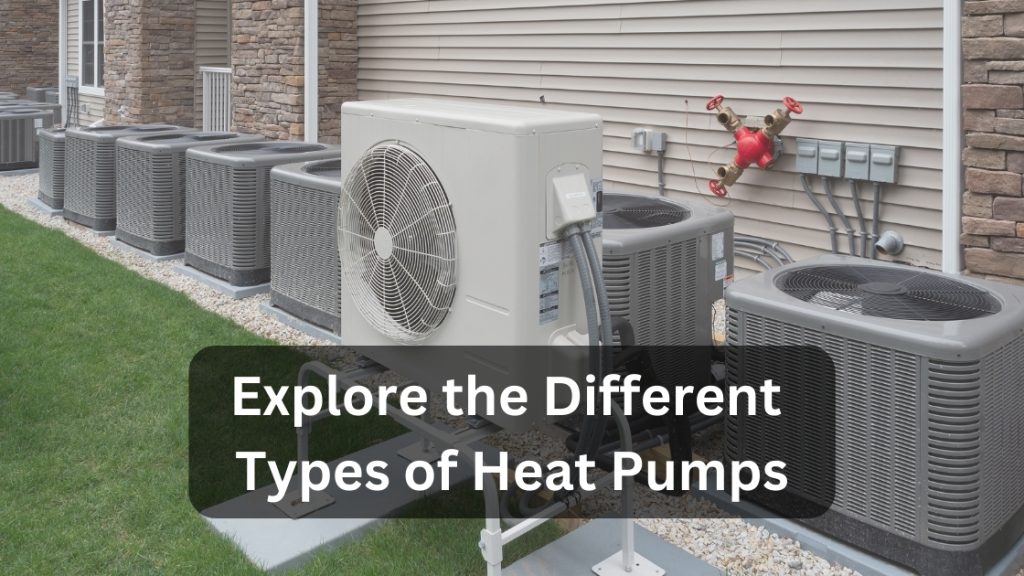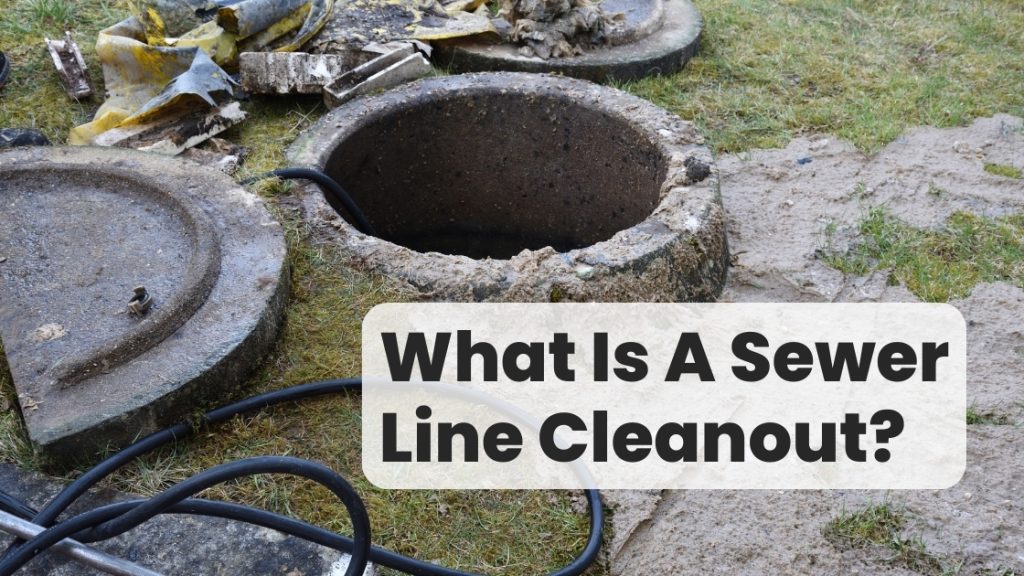Currently Empty: $0.00
Common Water Heater Problems and How to Fix Them?
Water heaters are vital appliances that supply hot water for daily activities. However, they can experience issues as they age. Knowing common problems and their solutions can prevent inconvenience and costly repairs. Regular maintenance and awareness of potential malfunctions can extend the lifespan of your water heater. If complex problems arise or you’re uncertain about repairs, it’s advisable to consult a professional plumber. Stay proactive to ensure a continuous supply of hot water in your home.
Contents
7 Common Water Heater Problems and Solutions
1. No Hot Water:
One of the most frustrating problems with a water heater is when it fails to produce hot water. If you find yourself in this situation, there are a few potential causes. First, check if the power supply to the heater is functioning properly. If it is an electric water heater, make sure the circuit breaker hasn’t tripped. For gas water heaters, check the pilot light and ensure it is lit. If the power supply is fine, the thermostat or heating element might be faulty and require replacement.
2. Inadequate Hot Water:
If your water heater is producing hot water, but it seems insufficient for your needs, there could be several reasons behind it. The first thing to check is the temperature setting on the thermostat. Make sure it is set at an appropriate level. Additionally, sediment buildup in the tank can reduce its efficiency. To resolve this, flush the tank to remove any accumulated sediment. Another possible cause is a malfunctioning dip tube, which is responsible for directing cold water to the bottom of the tank. If the dip tube is broken or deteriorated, it needs to be replaced.
3. Leaking Tank:
A leaking water heater can cause significant damage to your home and should be addressed promptly. The most common cause of a leaking tank is corrosion. Over time, the tank may rust and develop holes, resulting in leaks. If the leak is minor, you can try using a patch kit specifically designed for water heaters. However, if the tank is extensively corroded, replacing the entire unit is the best solution. It’s crucial to address a leaking tank promptly to prevent further damage and potential flooding.
4. Discolored or Smelly Water:
If your hot water appears discolored or has a foul odor, it can be a sign of sediment buildup, rust, or bacterial growth in the tank. Flushing the tank can often resolve this issue. Attach a hose to the drain valve at the bottom of the tank and allow the water to run until it becomes clear. If the problem persists, you might need to replace the anode rod. The anode rod is designed to attract corrosive elements in the water and protect the tank from rusting. Over time, the rod can deteriorate, leading to water discoloration and odor.
5.Water Pressure Issues:
If you are experiencing low water pressure or fluctuations in the hot water flow, the problem might not be with the water heater itself but with the plumbing system. Check the pressure relief valve on the water heater and ensure it is functioning correctly. If the valve is faulty, it can cause water pressure issues. Additionally, check the faucets aerators and showerheads for mineral deposits that might be obstructing the flow. Cleaning or replacing the aerators can often resolve this problem.
6. High-Pitched Whining or Popping Noises:
Unusual noises coming from your water heater can be unsettling. High-pitched whining or popping sounds are often caused by mineral deposits or sediment buildup on the heating elements. The popping noise occurs when the deposits trap water beneath them, causing it to boil and create steam bubbles. Flushing the tank can help remove the sediment and alleviate the noise. If the problem persists, you might need to replace the heating elements.
7. Pilot Light Issues:
For gas water heaters, a common issue is a pilot light that won’t stay lit. If the pilot light keeps going out, it could be due to a faulty thermocouple. The thermocouple is a safety device that senses the pilot flame and shuts off the gas supply if it goes out. Over time, the thermocouple can wear out and fail. Replacing the thermocouple should solve the issue. However, if you are not familiar with gas appliances, it is advisable to seek professional assistance to ensure safety.
In conclusion, water heaters can encounter various problems over time, ranging from minor issues to more significant malfunctions. By understanding the common problems and their solutions, you can troubleshoot and fix many water heater issues on your own. However, for complex problems or if you are unsure about performing repairs, it is always recommended to consult an expert plumber. Remember, regular maintenance and periodic inspection of your water heater can help prevent problems and extend its lifespan, ensuring a continuous supply of hot water in your home. If you require assistance beyond your own troubleshooting efforts, don’t hesitate to reach out to a trusted provider of Water Heater Repair & Replacement services. They can offer expert guidance and professional solutions to keep your water heater functioning optimally.


